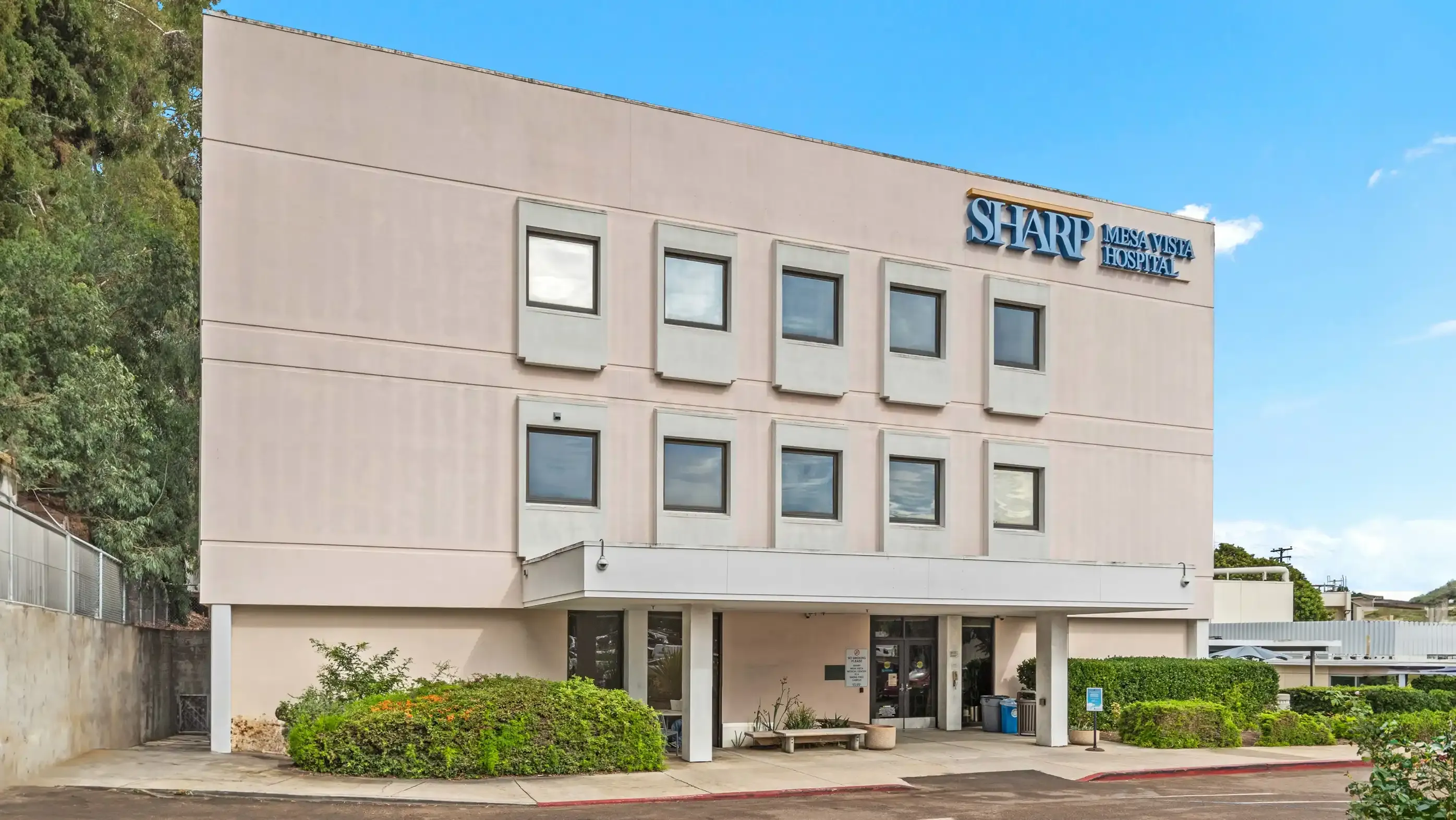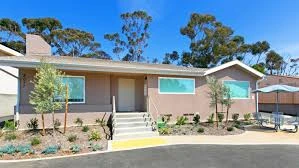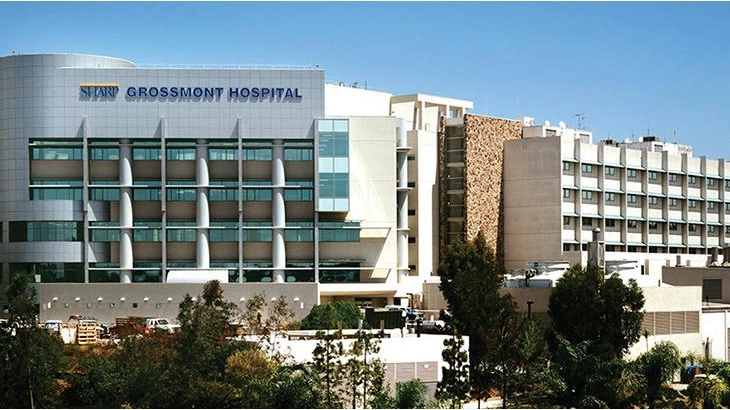Sharp Grossmont Hospital Information
Treatment
Who We Treat
- Children
- Teens / Adolescents
- Young Adults (18–25)
- Adults
- Seniors/Older Adults
- Older Adults
- Adolescents
- Male and Female
- LGBTQ+
- Pregnant/Postpartum Women
- Pregnant Women
Treatment Focus
- Older Adults
- Bio-Medical
- Young Adults
- Pregnant Women
Approaches
- Individual Treatment
- Bio-Medical
- Evidence-Based
- Medical
- Cognitive Behavioral Therapy (CBT)
- Dialectical Behavior Therapy (DBT)
- 1-on-1 Counseling
- Relaxation Therapy
- Medication-Assisted Treatment (MAT)
- Nutrition Counseling
- Life Skills Training
- Relapse Prevention Counseling
Conditions We Treat
- Depression
- Anxiety
- Bipolar Disorder
- Post Traumatic Stress Disorder (PTSD)
- Trauma
- Psychosis/Schizophrenia
- Schizophrenia
- Bipolar
- Eating Disorders
- Co-Occurring Disorders
Substances We Treat
- Alcohol
- Benzodiazepines
- Heroin
- Cocaine
- Methamphetamine
- MDMA/Ecstasy
- Ecstasy
- Psychedelics
Languages
- English
Aftercare
- Aftercare App
- Continuing Care
- Support Meetings
Level of Care
- Outpatient
- Day Treatment
- Aftercare/Continuing Care
Experience
Personal Amenities
- Air-Conditioned Rooms
Special Considerations
- Young Adults Program
Smoking and Vaping Policy
- Smoking Not Allowed
- Vaping Not Allowed
Additional Locations
Sharp Grossmont Hospital Accepts The Following Insurance Plans
Find the best treatment options. Call our free and confidential helpline today!













